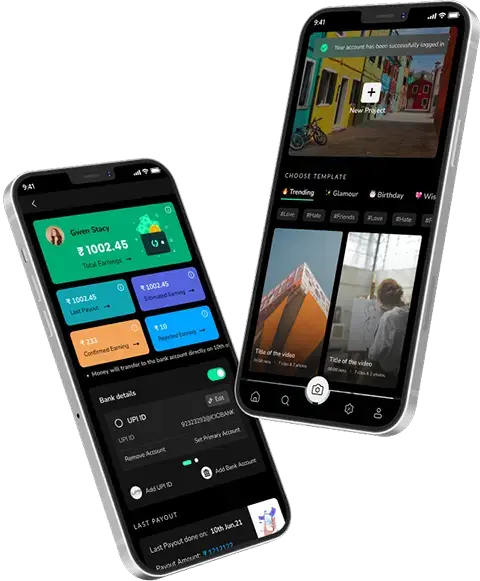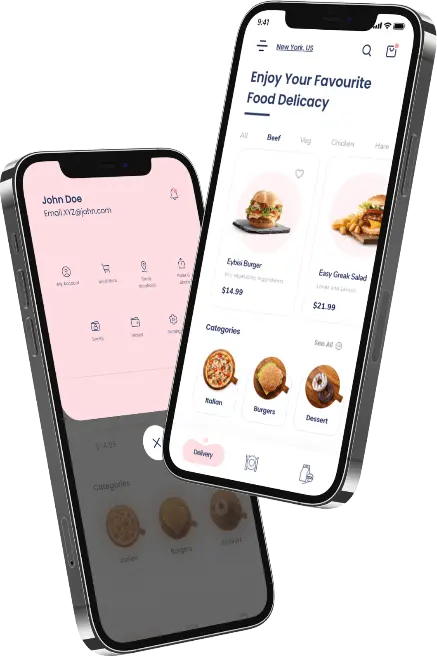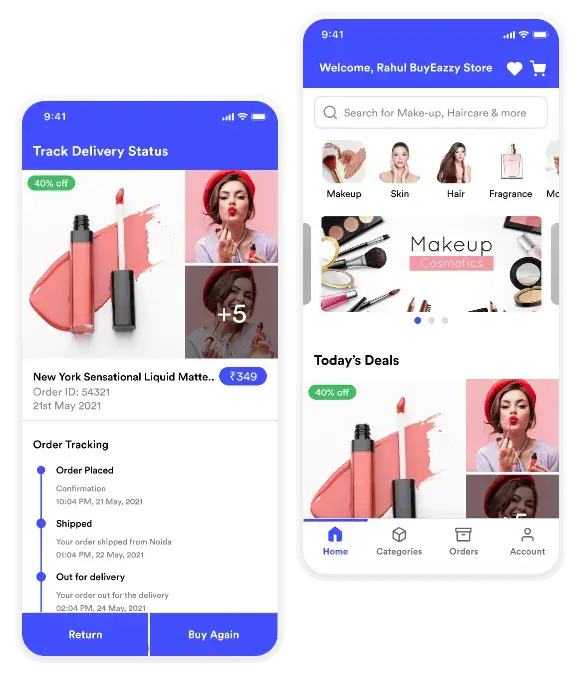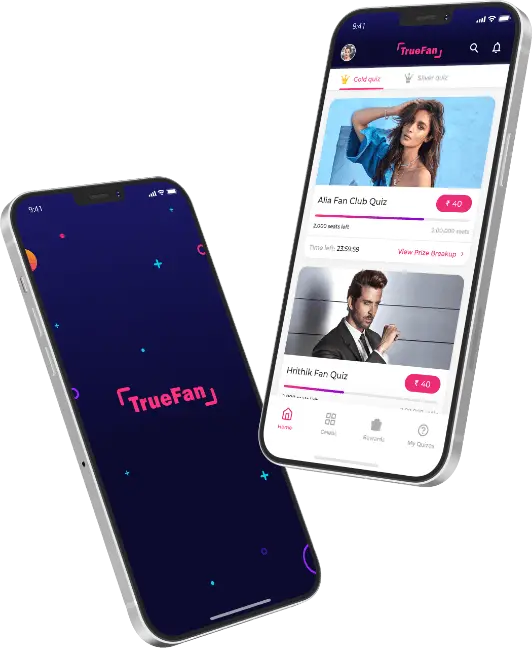19 Oct 2023
Bridging the Legal Gap: On-Demand Lawyer App Development’s Role in Accessible Justice!
Surbhi Bhatia
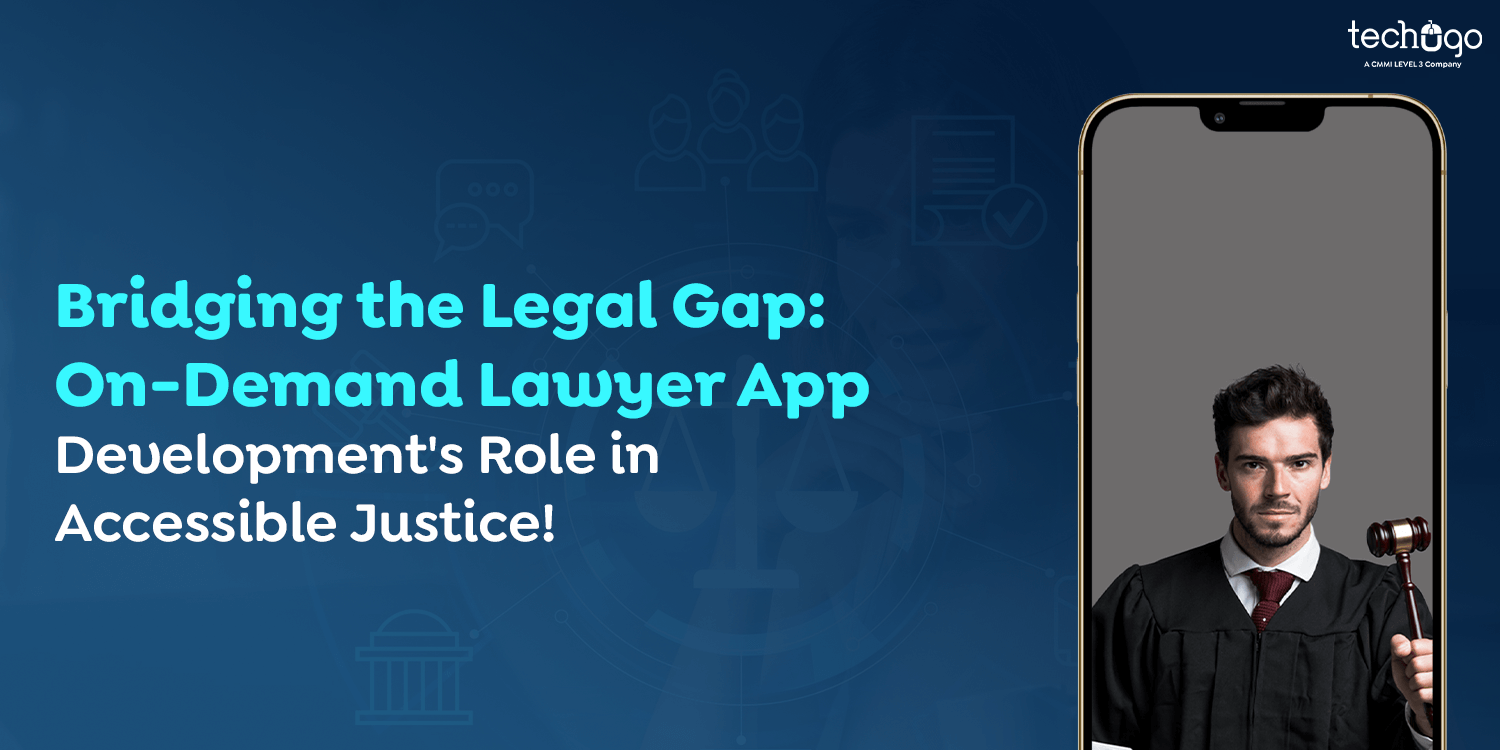
In our fast-paced digital age, nearly every aspect of our lives has been transformed by the convenience and accessibility of technology. The legal industry is no exception. The emergence of on-demand lawyer apps is changing the way people access legal services, making it easier, more efficient, and more affordable than ever before. In this blog, we will explore the world of on-demand lawyer app development, its functionality, and the many benefits it offers to customers seeking legal assistance.
The Functioning of On-Demand Lawyer Apps
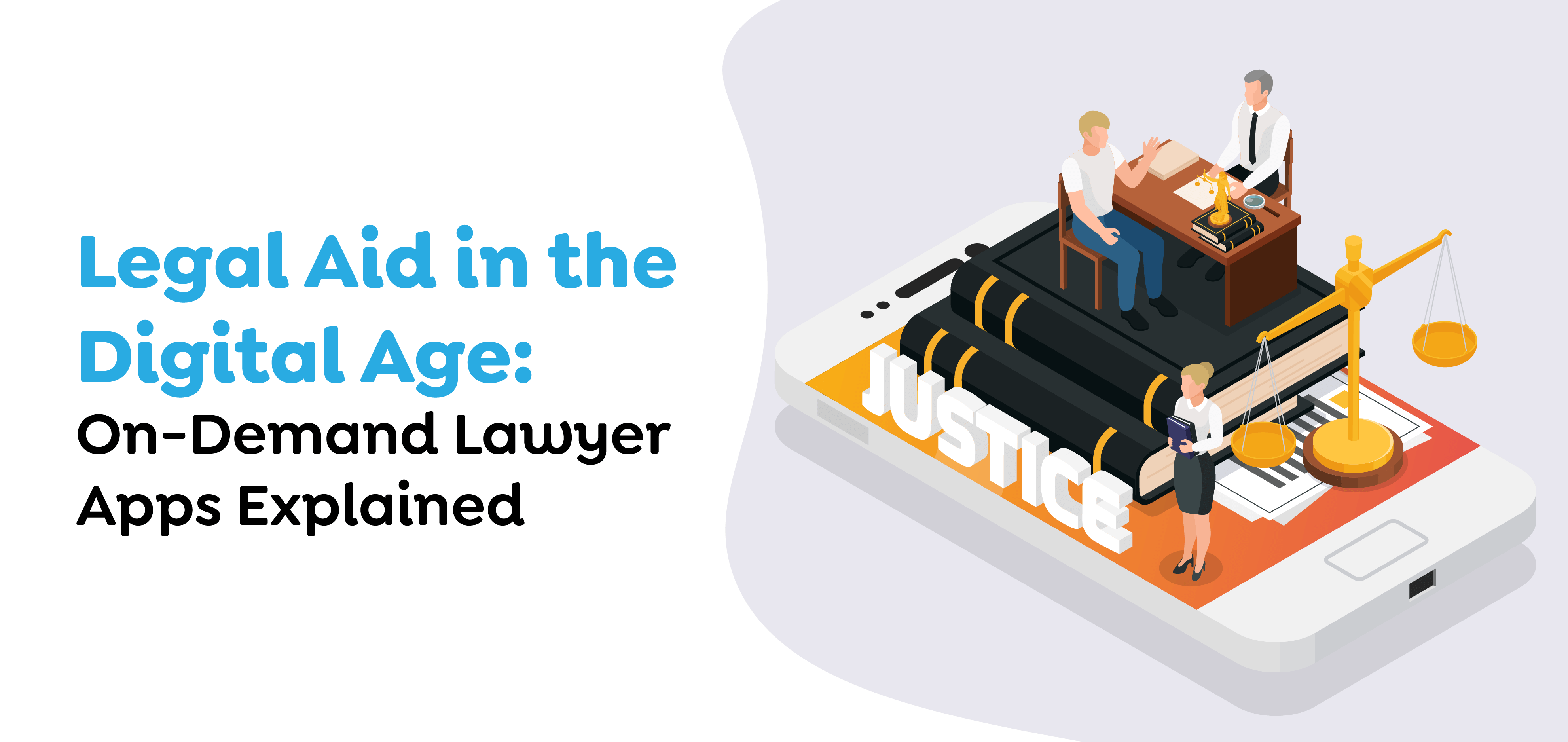 On-demand lawyer apps are essentially digital platforms that connect clients in need of legal advice or services with licensed attorneys, all with the simplicity and efficiency of a mobile app. Here’s how they work:
On-demand lawyer apps are essentially digital platforms that connect clients in need of legal advice or services with licensed attorneys, all with the simplicity and efficiency of a mobile app. Here’s how they work:
1. User Registration
To get started, users download the app and create an account. They may be required to input basic personal information and specify their legal needs.
2. Selecting Legal Services
Users can choose the type of legal service they require, such as consultations, document review, contract drafting, or representation in court.
3. Matching with Lawyers
The app uses algorithms to match users with lawyers who have expertise in the relevant legal area and are available to assist. Users can see profiles of available attorneys, read reviews, and select the one they prefer.
4. Communication
Communication with the lawyer is typically done through the app, via text, voice, or video chat. This ensures privacy and ease of interaction.
5. Payment and Scheduling
Users can pay for legal services via in-app payments feature, often on a per-hour or per-service basis. The app may also offer scheduling features to book appointments at a convenient time.
6. Legal Assistance
Users receive legal advice, documents, or representation from the attorney they’ve chosen. The app streamlines the process and keeps all communication and documents in one place.
7. Feedback and Ratings
After the legal service is provided, users can leave feedback and ratings, which help maintain the quality of legal services on the platform.
Customer-Centric Legal Solutions: Why Lawyer Booking Apps Are a Game Changer
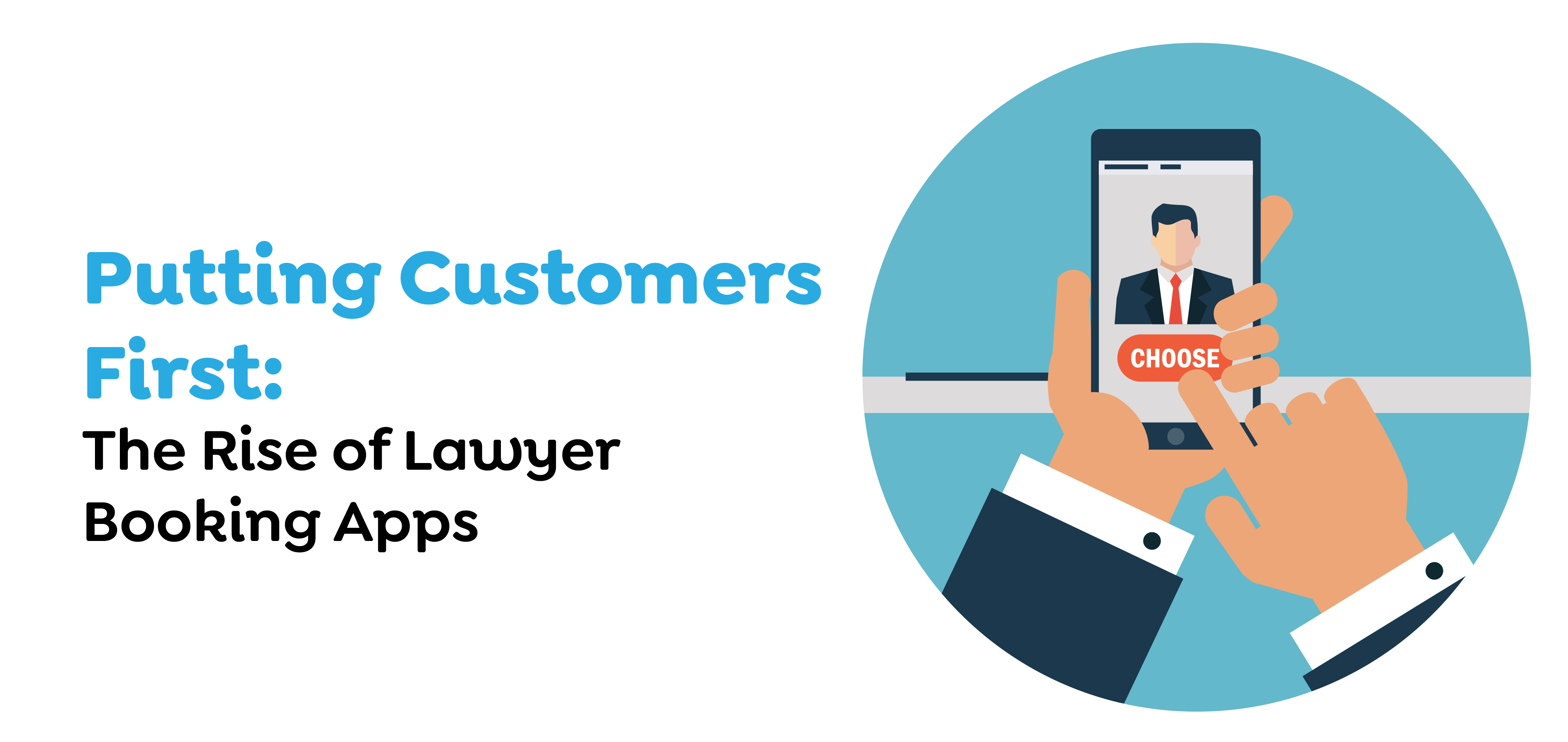 The advantages of using on-demand lawyer app development for customers are numerous and extend well beyond the convenience of accessing legal services through a smartphone. Here are some of the key benefits:
The advantages of using on-demand lawyer app development for customers are numerous and extend well beyond the convenience of accessing legal services through a smartphone. Here are some of the key benefits:
1. Convenience and Accessibility
Users can connect with a lawyer from the comfort of their homes, eliminating the need for physical visits to law firms. This is especially helpful for those with busy schedules or mobility limitations.
2. Cost-Effective Services
On-demand lawyer apps often offer competitive pricing and transparent fee structures. Users can choose services that fit their budget and avoid hidden costs.
3. Choice and Flexibility
Users have the freedom to select from a range of attorneys, read reviews, and find the best fit for their legal needs. This choice ensures a more personalized and tailored legal experience.
4. Time Savings
Traditional legal processes can be time-consuming and bureaucratic. On-demand lawyer apps cut down on paperwork and streamline the process, saving clients valuable time.
5. Immediate Assistance
In urgent legal matters, users can quickly connect with an attorney, receiving advice and guidance when they need it most.
6. Privacy and Security
On-demand lawyer apps prioritize the security of sensitive legal information, providing a safe platform for discussions and document sharing.
7. Feedback and Quality Control
User feedback and reviews play a crucial role in maintaining the quality of legal services on these platforms, ensuring that clients have a positive experience.
A Journey Through the Niches of Legal Consultation Apps
On-demand lawyer consultation apps have revolutionized the legal industry by providing convenient, efficient, and cost-effective ways for individuals and businesses to access legal advice and expertise. These apps cater to a variety of legal needs and offer a range of services. Here, we explore some common types of on-demand lawyer consultation apps.
1. General Consultation Apps
These apps serve as a one-stop destination for individuals seeking general legal advice. Users can connect with lawyers specializing in various areas of law, such as family law, criminal law, or real estate law. General consultation apps are ideal for those who have legal questions and need expert guidance.
2. Business and Corporate Law Apps
For businesses and entrepreneurs, on-demand lawyer consultation apps focused on business and corporate law are invaluable. These apps connect users with lawyers well-versed in business matters, including contracts, intellectual property, and regulatory compliance. They’re especially helpful for startups and small businesses.
3. Family Law Apps
Family law apps are tailored to individuals dealing with legal issues related to family matters, such as divorce, child custody, and estate planning. Users can connect with family law attorneys who specialize in these often emotionally charged areas of law.
4. Real Estate Law Apps
For those involved in property transactions or dealing with real estate issues, real estate law apps are essential. These apps offer immediate access to lawyers who can provide guidance on property disputes, leases, and purchase agreements.
5. Immigration Law Apps
Navigating immigration laws can be complex and overwhelming. Immigration law apps connect users with experienced immigration lawyers who can help with visa applications, green card processes, and other immigration-related matters.
6. Employment Law Apps
Employees and employers seeking advice on employment-related issues, such as wrongful termination, workplace discrimination, or labor disputes, can find assistance through employment law apps. These apps offer guidance and support tailored to the intricacies of employment law.
7. Estate Planning Apps
Estate planning apps cater to users looking to create wills, trusts, or establish estate plans. Users can consult with estate planning attorneys to ensure their assets and final wishes are legally protected.
8. Criminal Law Apps
Individuals facing criminal charges or dealing with legal matters within the criminal justice system can turn to on-demand criminal law apps. These apps connect users with defense attorneys who can provide guidance and representation.
9. Patent and Intellectual Property Apps
Entrepreneurs and inventors seeking to protect their intellectual property can benefit from patent and intellectual property law apps. Users can consult with lawyers who specialize in trademark, copyright, and patent law.
10. Personal Injury and Accident Law Apps
For individuals who have been injured in accidents or suffered personal injuries, these apps connect users with personal injury lawyers who can help with compensation claims and legal actions against responsible parties.
Why Must You Invest in Developing an On-Demand Lawyer App?
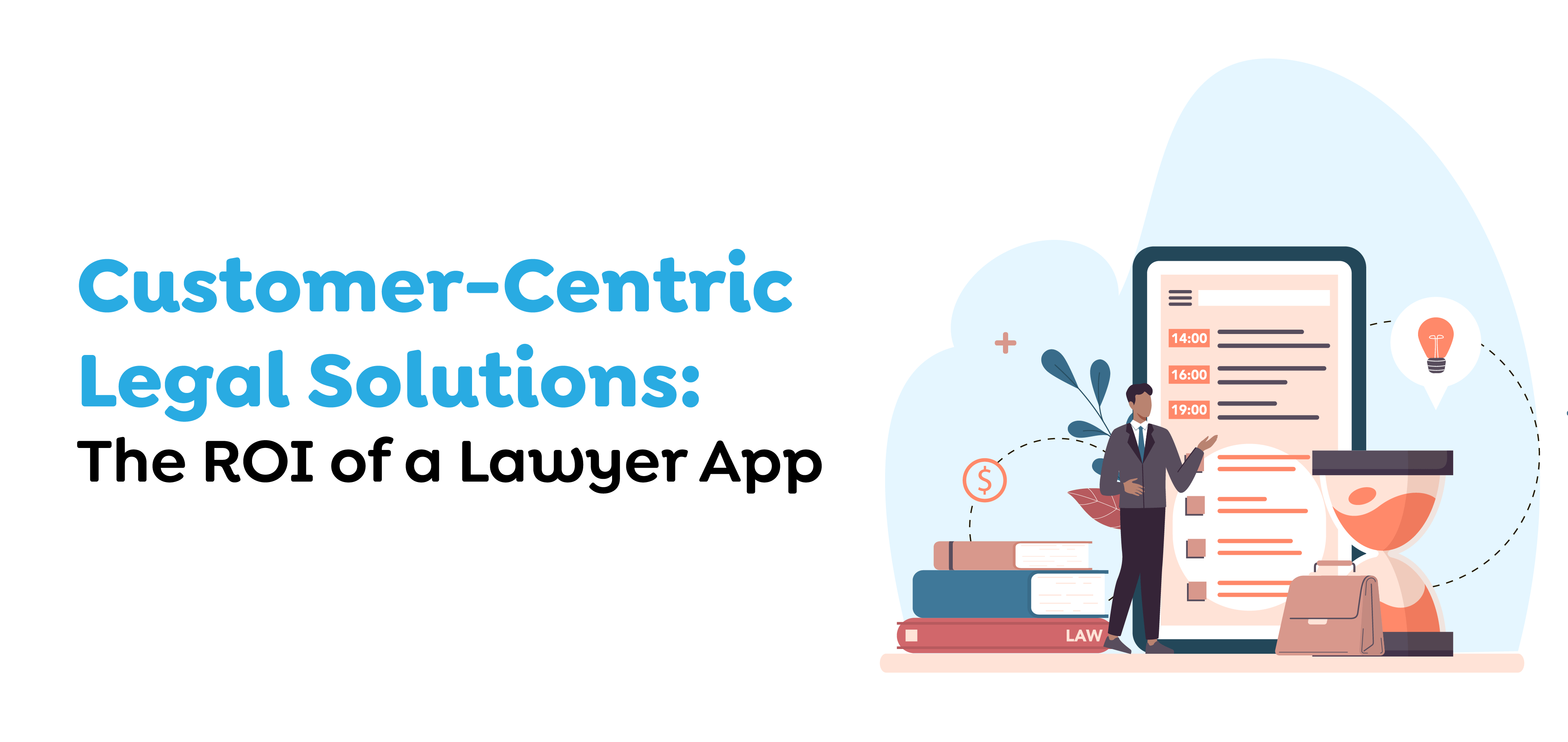 The legal industry, traditionally known for its conservative approach, is experiencing a wave of digital transformation. Here are compelling reasons why investing in on-demand lawyer app development is a strategic move:
The legal industry, traditionally known for its conservative approach, is experiencing a wave of digital transformation. Here are compelling reasons why investing in on-demand lawyer app development is a strategic move:
1. Enhanced Accessibility
On-demand lawyer apps break down the geographical barriers to accessing legal services. Clients can connect with attorneys from anywhere, eliminating the need for in-person meetings.
2. Convenience
The 24/7 accessibility of legal services is a game-changer. Users can seek legal advice and support at their convenience, even during weekends or holidays.
3. Cost-Efficiency
Traditional legal services can be expensive. On-demand lawyer apps offer competitive pricing and flexible payment models, making legal help more affordable.
4. Expanded Market
These apps open up the legal market to a broader audience. Everyone from individuals with simple legal questions to businesses in need of ongoing legal support can benefit.
5. Efficiency and Transparency
The app’s streamlined processes reduce paperwork and offer transparent fee structures, enhancing client satisfaction and trust.
6. Personalized Matchmaking
On-demand lawyer apps use algorithms to match clients with lawyers who specialize in the required area, ensuring tailored legal advice.
Monetization Opportunities for On-Demand Lawyer App
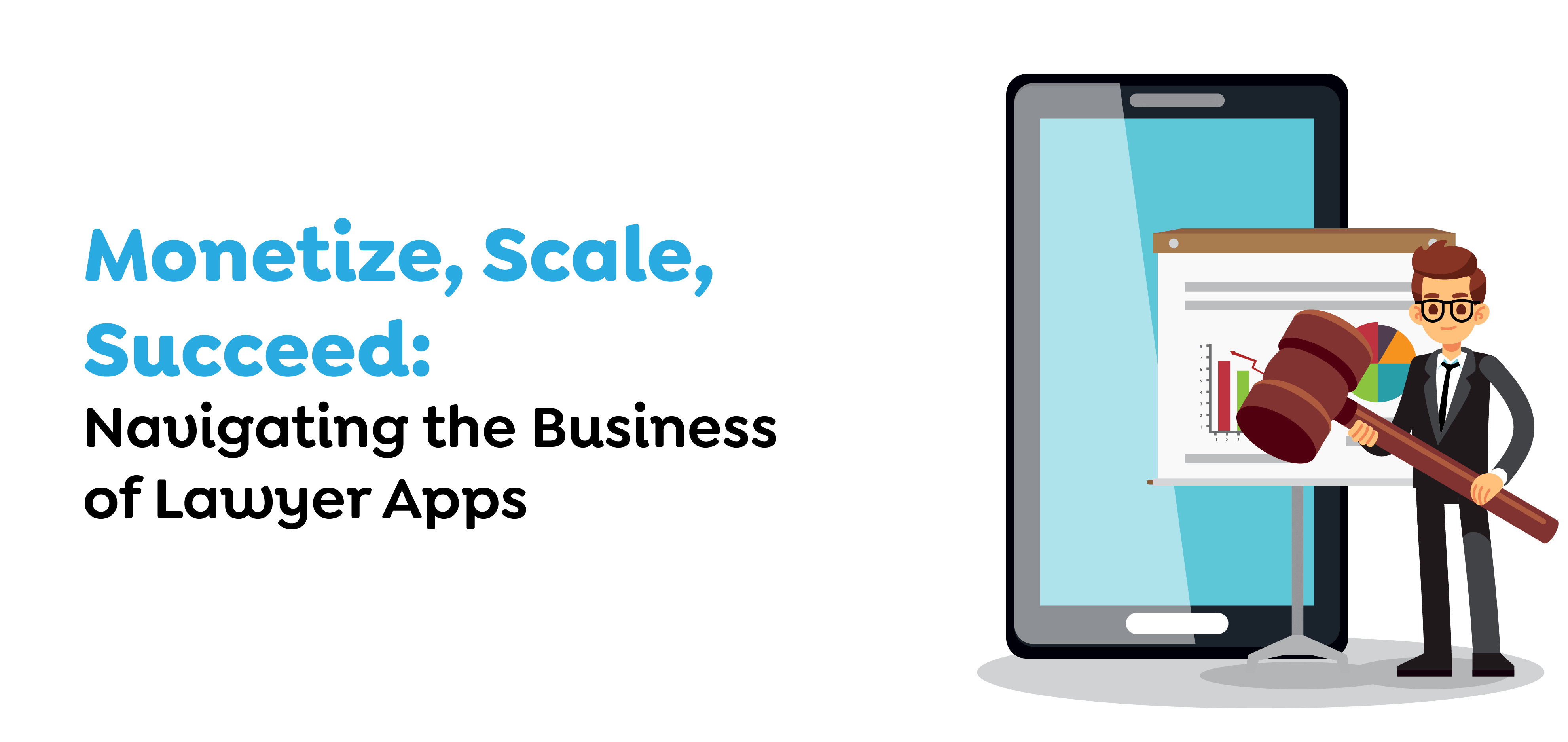 Building an on-demand lawyer app can be a lucrative venture. Here are several monetization avenues to consider:
Building an on-demand lawyer app can be a lucrative venture. Here are several monetization avenues to consider:
1. Service Fees
Charge users for accessing the platform and connecting with lawyers. This can be done through a subscription model or pay-per-service.
2. Commission from Lawyers
Lawyers pay a commission for each service provided through the app. This incentivizes them to join and offer their services.
3. In-App Advertising
Partner with legal service providers or legal product companies for advertising space within the app. The in-app advertising can be a significant revenue stream.
4. Premium Features
Offer premium features or services for a fee, such as faster response times, priority access to top lawyers, or extended consultation times.
5. Legal Document Sales
If your app offers document creation or templates, you can charge users for access to these resources.
6. Subscription Tiers
Introduce different subscription levels with varying degrees of access and benefits, catering to a wide range of user preferences.
Must-Have and Best Features of an On-Demand Lawyer App
1. To create a successful on-demand lawyer app, you should prioritize the following features:
2. User-Friendly Interface: A clean and intuitive design that allows users to navigate the app easily.
3. Secure Messaging: End-to-end encryption for secure communications between clients and lawyers.
4. Legal Directory: A comprehensive database of lawyers with detailed profiles, including their specialties, experience, and reviews.
5. Appointment Scheduling: A feature that enables users to book appointments with lawyers at their convenience.
6. Payment Integration: Seamless payment options, including various payment gateways and transparent billing.
7. Document Sharing: A secure platform for sharing and storing legal documents.
8. Live Chat/Video Calls: Real-time communication with lawyers through text, voice, or video calls.
9. Ratings and Reviews: A system for users to rate and leave feedback on lawyers’ services.
10. Push Notifications: Push notifications are the alerts and updates on case progress, appointments, and other relevant information.
11. Legal Resource Center: A repository of legal articles, FAQs, and guides for users’ reference.
5 Best On-Demand Lawyer Booking Apps in the USA
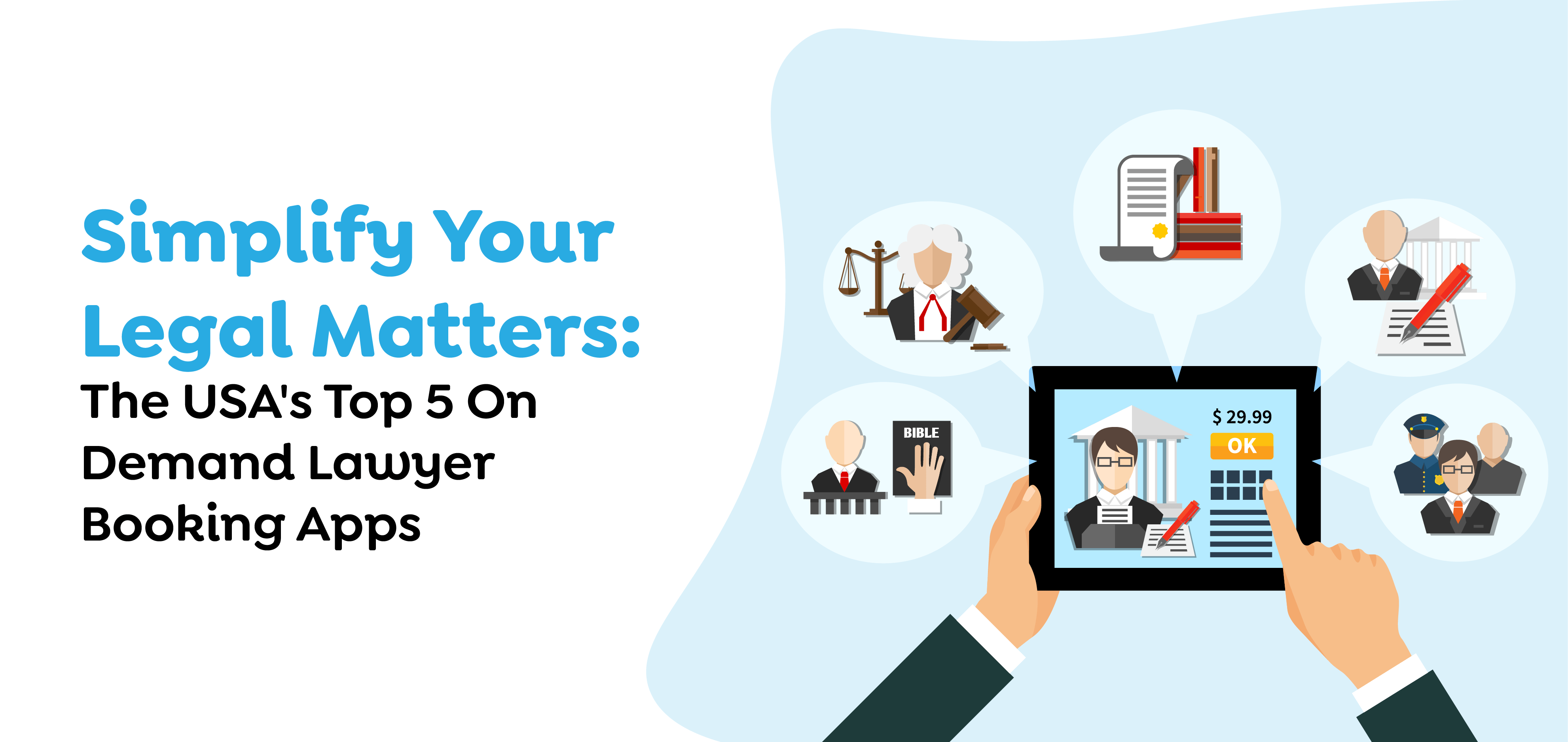
1. Avvo Advisor
Avvo Advisor connects users with qualified lawyers for quick legal advice. Users can browse attorney profiles, read reviews, and select a lawyer to speak with in real time. It’s a straightforward way to get answers to legal questions without committing to a full legal consultation.
2. Rocket Lawyer
Rocket Lawyer offers a wide range of legal services, including document creation, contract review, and more. Users can access legal assistance on-demand and also subscribe to their services for ongoing legal support.
3. UpCounsel
UpCounsel provides businesses with a platform to connect with experienced attorneys who specialize in various fields. It’s particularly popular for businesses seeking legal help on a project basis.
4. LegalZoom
LegalZoom offers a range of legal services, including document preparation, business formation, and estate planning. Users can access legal advice and services on demand, making it a one-stop shop for many legal needs.
5. JustAnswer
JustAnswer is a Q&A platform where users can ask legal questions and receive answers from licensed lawyers. It’s a cost-effective way to get quick advice and insights from legal professionals.
Cost of Booking an On-Demand Lawyer App
The cost of booking an on-demand lawyer app varies depending on the platform, the nature of the legal service required, and the pricing model. Here are a few common pricing structures:
1. Per-Minute or Per-Hour Billing
Some apps charge users based on the amount of time they spend consulting with a lawyer. Rates can range from a few dollars per minute to hundreds of dollars per hour, depending on the lawyer’s expertise.
2. Fixed Fees
For specific legal services, apps may charge a fixed fee. This approach provides transparency and predictability for users.
3. Subscription Models
Some on-demand lawyer apps offer subscription plans that provide access to legal services for a monthly or yearly fee. Subscribers can consult with lawyers without incurring additional charges.
4. Document Services
For document preparation or review, the cost is generally based on the complexity of the document. Simple forms may be relatively inexpensive, while complex legal documents may cost more.
5. Free Consultations
Many apps offer initial consultations for free or at a reduced cost. This allows users to get a sense of the service and determine if they wish to proceed.
Cost of Developing An On-Demand Lawyer Consultation App
The cost of developing an on-demand lawyer consultation app can vary widely depending on several factors. The complexity, features, and functionality of the app play a significant role in determining the overall cost. Here are some key considerations that influence the cost of app development:
1. App Features
The more features you want to include in your app, the higher the development cost. Basic features may include user registration, lawyer profiles, chat functionality, and payment processing. More advanced features like document sharing, video conferencing, and scheduling systems will increase the development cost.
2. Design and User Experience
A user-friendly and visually appealing design is crucial for an app’s success. Investing in high-quality design and user experience will add to the cost.
3. Platform and Devices
Developing an app for both iOS and Android will be more expensive than targeting a single platform. Additionally, optimizing the app for various devices and screen sizes can impact costs.
4. Legal Compliance
Legal consultation apps must adhere to specific regulatory and compliance standards. Ensuring the app meets these requirements can add to the cost.
5. Backend Development
Building a robust backend infrastructure for user management, data storage, and security is a critical aspect of app development. This can significantly impact costs, especially if you need a custom backend system.
6. Testing and Quality Assurance
Rigorous testing and quality assurance are essential to ensure a bug-free and secure app. The cost of testing can vary depending on the app’s complexity.
7. Legal Services Integration
If you plan to integrate services like secure document storage, video conferencing, or payment gateways, this will add to the development cost.
8. Maintenance and Updates
Ongoing maintenance and updates are necessary to keep the app running smoothly. It’s essential to budget for these post-launch costs.
To Sum Up!
On-demand lawyer booking apps are transforming the way legal services are accessed and utilized in the United States. They offer convenience, accessibility, and cost-efficiency that were previously unimaginable in the legal field. The top five apps mentioned here represent a range of options to cater to different legal needs and budgets.
The cost of booking an on-demand lawyer app can vary widely, depending on the nature and complexity of the legal service required. Users can choose a pricing model that aligns with their specific needs and budget.
As technology continues to advance, we can expect further innovation in the legal tech sector. On-demand lawyer apps are likely to play a significant role in the ongoing evolution of the legal industry, providing individuals and businesses with an efficient and accessible way to access legal expertise whenever they need it. Whether it’s for a quick legal query or more complex legal matters, these apps are helping to bridge the gap between legal professionals and those in need of their services.
So, partner with a reliable mobile app development company in USA for further assistance.
Get in touch.
Write Us
sales@techugo.comOr fill this form



 SA
SA  KW
KW  IE
IE AU
AU UAE
UAE UK
UK USA
USA  CA
CA DE
DE  QA
QA ZA
ZA  BH
BH NL
NL  MU
MU FR
FR 
